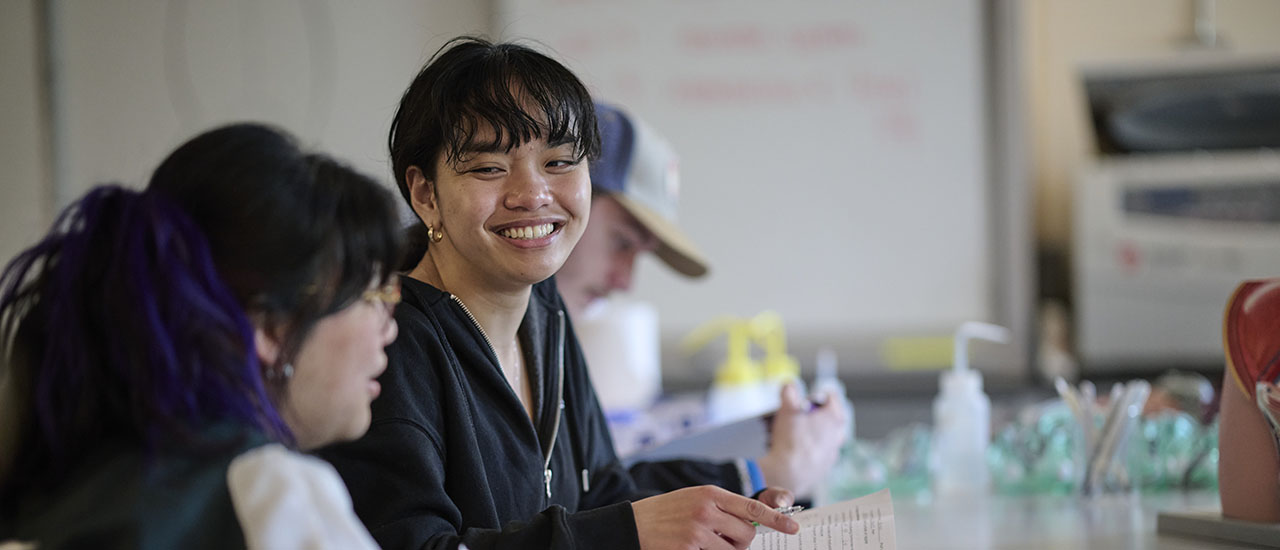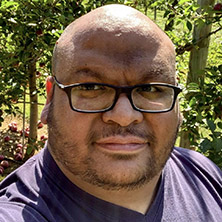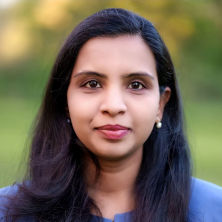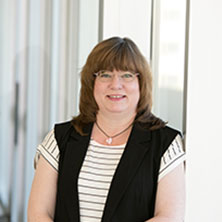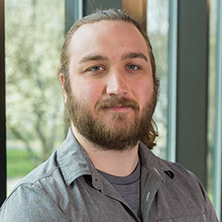Applied Scientific Mathematics
Tailored for the natural sciences, the minor in Applied Mathematics allows students majoring in biology, chemistry and physics to expand their understanding of the basic tools and applications of mathematics in science – without the need for advanced courses.
Every day, scientists use applied mathematics to apply abstract concepts, like algebra, calculus and statistics, to solve real-world problems. For example, a biologist might model population growth of a certain bacteria; a physicist might predict the behavior of certain particles; or a chemist might need to figure out the required amounts of reactants for an experiment.
By completing a few additional courses, students can strengthen their mathematical skills and simultaneously earn a credential that enhances their technical expertise, problem solving and practical knowledge, better preparing them for graduate school or employment.
Students in other majors are welcome to pursue the minor if they meet course prerequisites, and complete at least two science laboratory sequences at the level required for the Arts and Sciences B.S. Core or higher.


